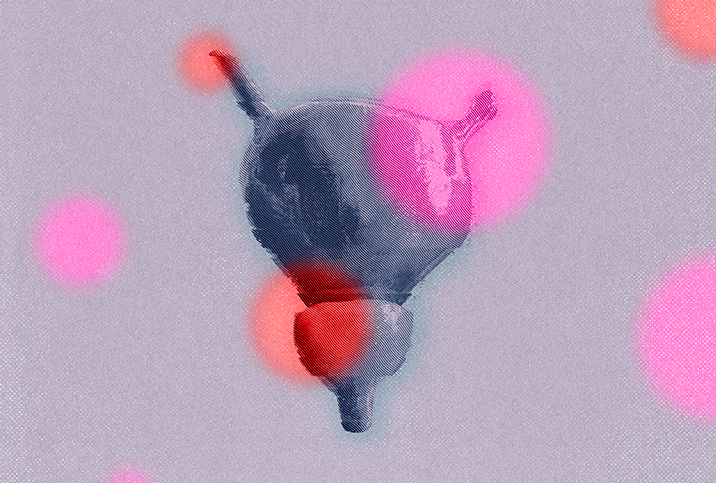Sexual Health and Cancer: What to Expect

According to the American Cancer Society, an estimated 1.8 million people will be diagnosed with cancer this year in the United States, and more than 1,600 will die each day.
Cancer treatment is different for each patient, depending on the location and severity of the cancer and how quickly the disease was diagnosed. While some cancer treatments can have little to no effect on a patient’s sexual health, others can cause changes in hormones, body function, sexual desire and overall well-being. Consider also the time each treatment takes, which may cause ongoing physical and psychological changes.
Many common cancer treatments, such as chemotherapy and radiation therapy, can cause side effects such as fatigue, nausea, bowel or bladder problems, pain and skin issues. In addition, other side effects may interfere with sexuality.
Communication is key
In the midst of the uncertainty and fear that accompany a cancer diagnosis, sexual health may not be at the top of a patient’s priority list, but sexual health is important and may take on a vital role in your relationship as you combat cancer.
Though it may be impossible to avoid adverse effects to your sexual health, keeping an open line of communication with your healthcare specialist can better prepare you for what to expect both during and after treatment.
According to the American Cancer Society, studies have shown that doctors and nurses often do not raise the topic of sexual health but will talk about it if the conversation is initiated by the patient. Not discussing what to expect and ways to cope can lead to patients not getting the resources and support needed to work through the emotions that may result from sexual difficulties.
Experts also suggest that it could be useful for patients—as long as they are comfortable with this level of information sharing—to include their partner in any discussions with their cancer care team about sexual health, so they are informed about what to expect during and after cancer treatment.
Losing interest in sex
Low sexual desire or total lack of interest in sex is the most common sexual dysfunction that stems from cancer or cancer treatment, according to the Mayo Clinic. While both men and women can experience difficulty getting aroused or reaching orgasm due to cancer and its treatment, pain is sometimes the first sign of sexual issues for women. After cancer treatment, many women experience vaginal dryness (dyspareunia), a condition that causes a change in the vagina’s ability to naturally lubricate itself. It occurs specifically due to the loss of estrogen and can cause pain during sex, according to the Mayo Clinic.
The good news is that sexual dysfunction can often be treated successfully in both men and women. It’s also important to remember that some sexual health conditions may be entirely unrelated to cancer or cancer treatment, and so can be treated separately.
The bottom line is that it’s important to talk to your healthcare providers about any and all issues you might be experiencing—don’t hold anything back—so they can determine if you are getting exactly the care you need.
Aside from seeking assistance for sexual health problems from your doctor, it is important to lean on your support system before, during and after cancer diagnosis and treatment. Your support group may include your friends and family, but you can reach out further. To pick just one example, the American Cancer Society’s website can help you find local cancer support groups that allow you to connect with other cancer patients and survivors in your area.


















